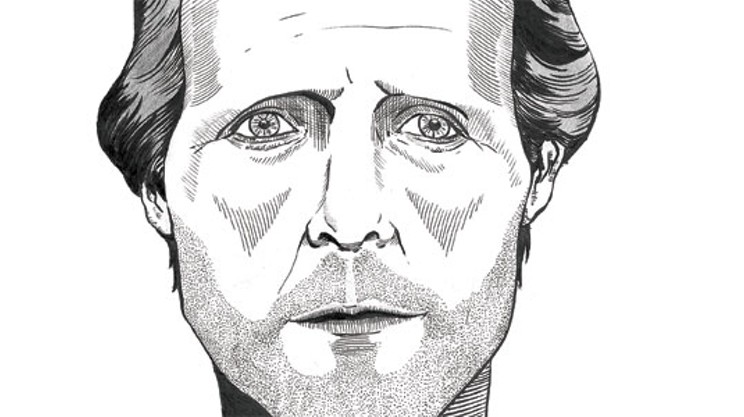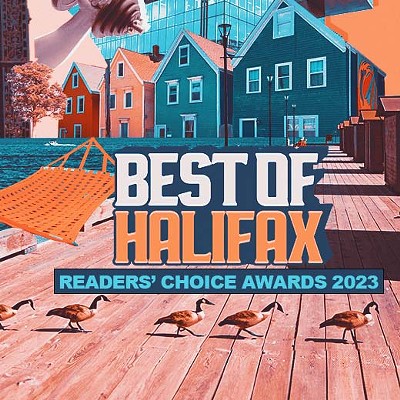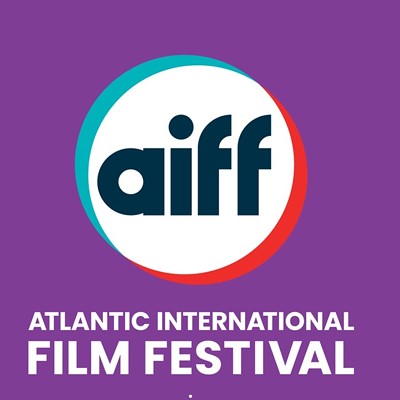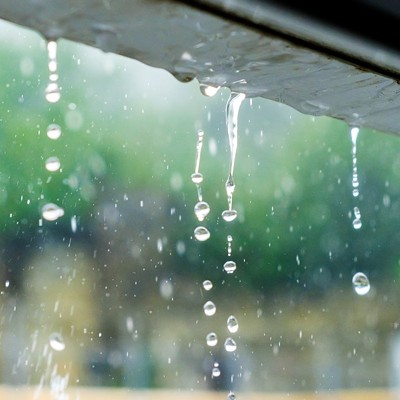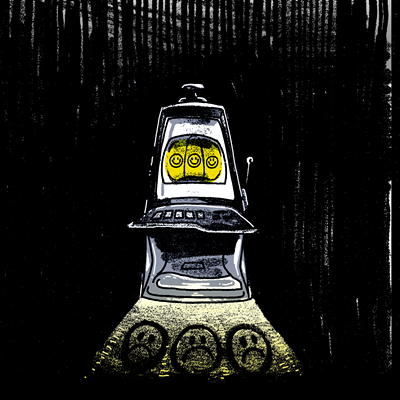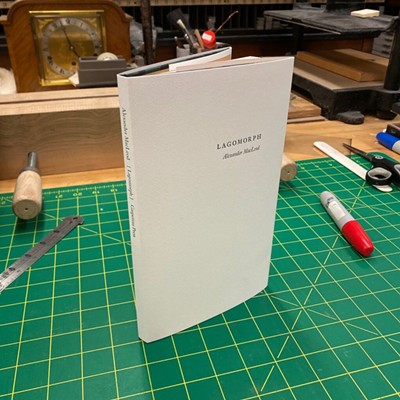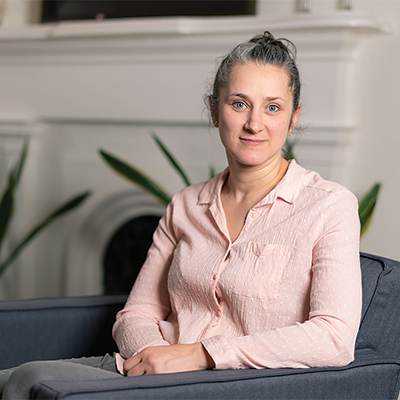The Canadian Broadcasting Corporation and Société Radio-Canada’s Enquête
CBC’s Investigative Unit and Enquête demonstrated links between industry funding and “independent” research that had downplayed the health risks of asbestos mining in Canada to support a “safe use” policy of continued exports to Third World countries. The compelling series forced government finally to act on a serious public health issue. The newly elected PQ government rejected a proposal to re-open a Quebec asbestos mine. Ottawa withdrew its opposition to putting warnings on asbestos exports, Saskatchewan created an asbestos registry of government buildings, and the asbestos lobby, the Chrysotile Institute, closed. The Coast
In the lead up to the 2012 municipal election, the investigation by The Coast, an independent alternative weekly newspaper, revealed that Halifax’s popular three-term mayor had taken more than $160,000 from an estate of which he was the executor. More than seven years after the death of Mary Thibault, Peter Kelly had not dispersed hundreds of thousands of dollars to charities and her heirs. The impact of this exemplary reporting was immediate: Mayor Kelly chose not to seek re-election, which changed the focus of the election campaign. Postmedia News and The Ottawa Citizen
The detailed and sustained reporting exposed the use of “robocalls” to mislead and harass voters during the 2011 federal election campaign. The coverage shed light on how technology can subvert our most fundamental democratic value: the right to vote in a fairly run election. The impact has been resounding: Elections Canada is investigating a deluge of complaints about calls sending voters to non-existent polling stations; a Federal Court ruling is pending on a legal challenge to overturn results in six ridings; charges were laid against a PC campaign worker. La Presse
The death of a young woman led to this investigation into the business of miracle cures in Quebec. The multimedia inquiry tracks the tentacles of these healers in hospitals and schools, exposing fraudulent receipts for insurance claims and tax receipts, and few prosecutions. The series shocked the medical community into action. The Association of Psychologists and the Quebec College of Physicians launched inquiries into these fake healers. The College has asked the Ministry of Justice to enact laws to prosecute such charlatans. The Toronto Star
The autism project turned the spotlight on the failure of Ontario’s health and social policies to address the challenges faced at different stages of life by those with autism. The comprehensive series looked at all facets of the issue – from groundbreaking scientific research to the heartbreaking stories of young people, homeless or in jail due to the severe shortage of services and funding. The series sparked an intense debate and put questions about treatment squarely on the political agenda. The province is reviewing children’s services and looking at ways to bridge gaps for young adults. The Vancouver Sun
Catastrophic explosions that killed four workers at two northern B.C. sawmills led The Sun to investigate gaps in public safety concerning the risk of wood-dust explosions. Using inspection records from WorkSafeBC, the provincial fire commissioner and local fire departments, The Sun created databases to analyze the documents. They found that frequently wood dust was involved in fires and that fire-code inspections were lax. The impact was swift. The B.C. government created a program to reduce the risk of dust explosions, and major forest companies promised an independent audit of dust levels.
Coast up for Canada’s biggest journalism prize
We got nominated for the Michener Awards. Corks are popping.
[
{
"name": "Air - Inline Content - Upper",
"component": "26908817",
"insertPoint": "1/4",
"requiredCountToDisplay": "8"
},{
"name": "Air - Inline Content - Middle",
"component": "26908818",
"insertPoint": "1/2",
"requiredCountToDisplay": "8"
},{
"name": "Air - Inline Content - Lower",
"component": "26908819",
"insertPoint": "100",
"requiredCountToDisplay": "1"
}
]
After nearly 20 years of coming out on Thursday, The Coast has lots of good memories associated with this day. There’s Thursday, June 17, 1993, when the first-ever issue came out. And Thursday, April 24, 1997, when we graduated from biweekly publishing to come out every week. And a bunch more. But today might just be The. Best. Thursday. Ever.
The Michener Awards Foundation announced the six finalists for this year’s Michener Award. This is the single biggest honour in Canadian journalism, period. The Micheners have none of the separate categories, divisions or genres so useful to spreading the wealth at other award functions. In a move that would be like rolling all the Academy Awards into one giant Oscar, all the Michener’s eggs are in one basket, a basket dauntingly labelled “journalism that makes a significant impact on the public good.”
And now The Coast is in that basket. Holy shit.
Canada’s governor general, David Johnston, will be giving out the award in Ottawa on June 18. But really, the Michener is probably the reason they invented the idea that it’s an honour just to be nominated. You’ll understand when you read the Michener Foundation’s description of the six finalists below. And now if you’ll excuse me, I have some champagne to drink.



